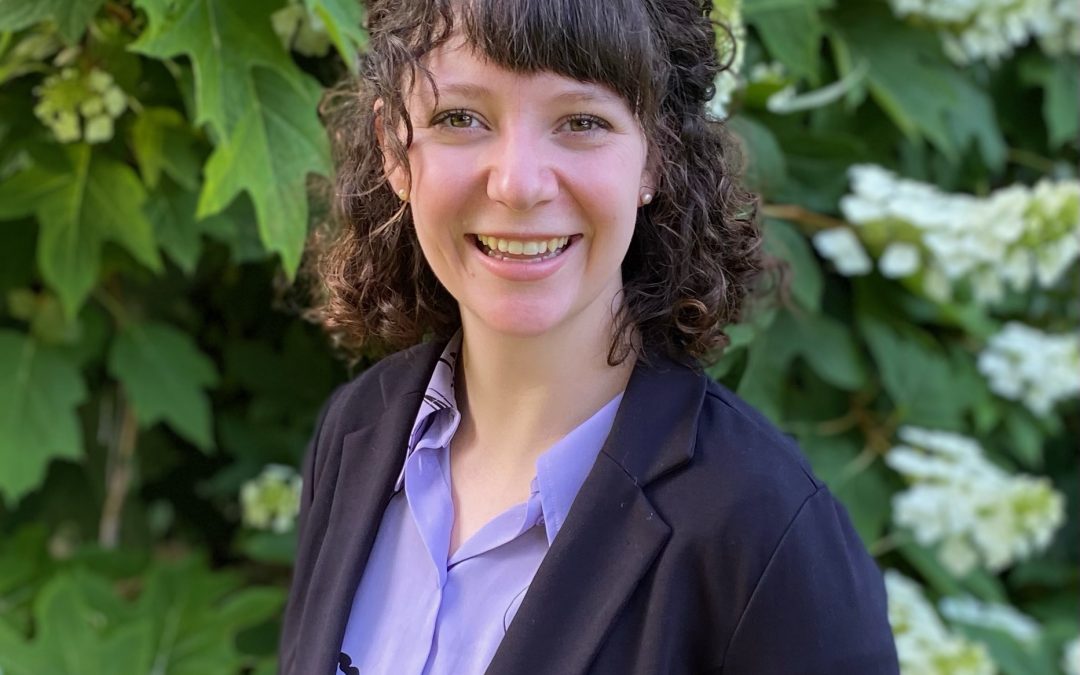Hello! My name is Christina Grossen, and I am a recent Master’s graduate of Seton Hall University’s School of Diplomacy and International Relations. I was a research/data intern coding cultural heritage sites in Ukraine. While my internship was through the Smithsonian Cultural Rescue Initiative (SCRI), I worked directly with a team for the Cultural Heritage Monitoring Lab, built on a partnership between the Smithsonian and the Virginia Museum of Natural History. Fortunately, I found this internship through the Virtual Student Federal Service (VSFS) program offered by the US Department of State.
In the Fall of 2021, in Dr. Huddleston’s Causes of War class, I read Dr. Ron Hassner’s (2008) article, “To Halve and Hold: Conflicts over Sacred Space and the Problem with Indivisibility.” Dr. Hassner examines the causes and characteristics of conflict over sacred spaces, which opened my eyes to the vital role of cultural spaces in conflict. For many, cultural spaces are used as a unifying identity source, but for others, their destruction serves the same purpose. I wanted to explore the impact of cultural heritage sites as culture itself plays such a defining role in understanding peace and stability in conflict situations.
Unlike other internships and roles I have held in the past, I had a singular focus for SCRI – to code lists of cultural heritage sites. Every few weeks, I was given a new list of sites to go through and mine for information as deeply as possible for those sites. Sometimes the preliminary information contained names and geographic coordinates; other times, it simply included coordinates. Then using multiple online maps, I examined the site and look to find whether it is correctly listed, was used by the military, is lootable, and whether or not the site has a tourist function. Following critical information about the site, I determined whether it is listed on several tourist sites. I do this for every site assigned, and if questions or concerns arise, I reach out to my team lead and supervisor. Though I enjoy the investigative nature of the work, I sometimes find it challenging due to language barriers. The focus of this internship changes every year depending on the international climate. When I applied, I did not know I would look specifically at Ukraine. However, because of current world events, leaders and institutions must research current happenings and potential threats. Because I lack Russian and Ukrainian language knowledge, I had to problem-solve and locate helpful tools to alleviate some of my issues. This internship provided precise insight into what I am looking for in a career. While I enjoy the consistency of this work, I realized I desire more diversity in my workflow. Part of the reason I accepted this internship was to develop the data analytics skills I started exploring in my research methods class. This internship has afforded me that opportunity.
I recommend this internship to others interested in strengthening one specific skill. SCRI focuses on a niche area of study, and not everyone may enjoy the intense focus on coding and data analysis. However, because this internship is part of the VSFS, other departments offer training and informational sessions to help you develop additional skills and knowledge during the experience. I am thankful for the opportunity and what I learned from this internship!

